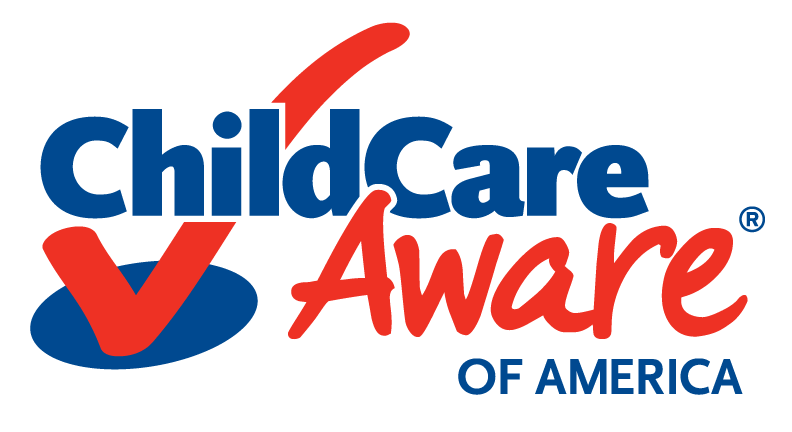
 Spotlight
Spotlight
Practice-Based Coaching
The Problem
Professional development often helps early childhood educators learn about effective teaching practices—but doesn’t help them implement those practices in the classroom. For health and safety issues, this can result in injury and illness for children and staff.
One Solution
The Early Childhood Learning & Knowledge Center (ECLKC) has a seven-minute video that provides a concise overview of a professional development strategy called Practice-Based Coaching (PBC). One belief underlying the PBC model is that training alone doesn’t translate into helping teachers in their everyday instruction with young children. PBC provides teachers with in-classroom assistance to help them make that leap from theory to practice. The ultimate goal is to achieve positive outcomes for children. Health-specific outcomes could include reduced illnesses or injuries in classrooms. Child care health consultants could be great partners to help child care providers develop health-specific practice-based coaching systems. In some instances, child care health consultants could provide coaching and reflection.
PBC is centered around a collaborative partnership between a coach and a teacher. Their interaction provides a safe space for teachers to ask questions, discuss problems, get support, gather feedback, reflect on practice, and try new ideas. The coach and teacher engage in an iterative coaching cycle that has three components:
- Planning goals and action steps,
- Engaging in focused observation, and
- Reflecting on and sharing feedback about teaching practices.
The video on PBC features a Head Start teacher, but the information conveyed is equally relevant to child care settings. So if you’re curious about PBC, take time to screen this short, well-produced video. If it piques your interest, the page contains plenty of additional resources on PBC.
{{cta(‘f6e72f60-e014-4736-be1b-070049c14a64’)}}



